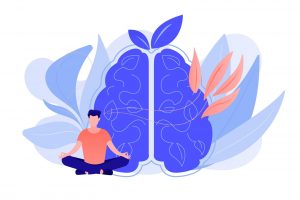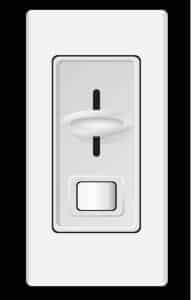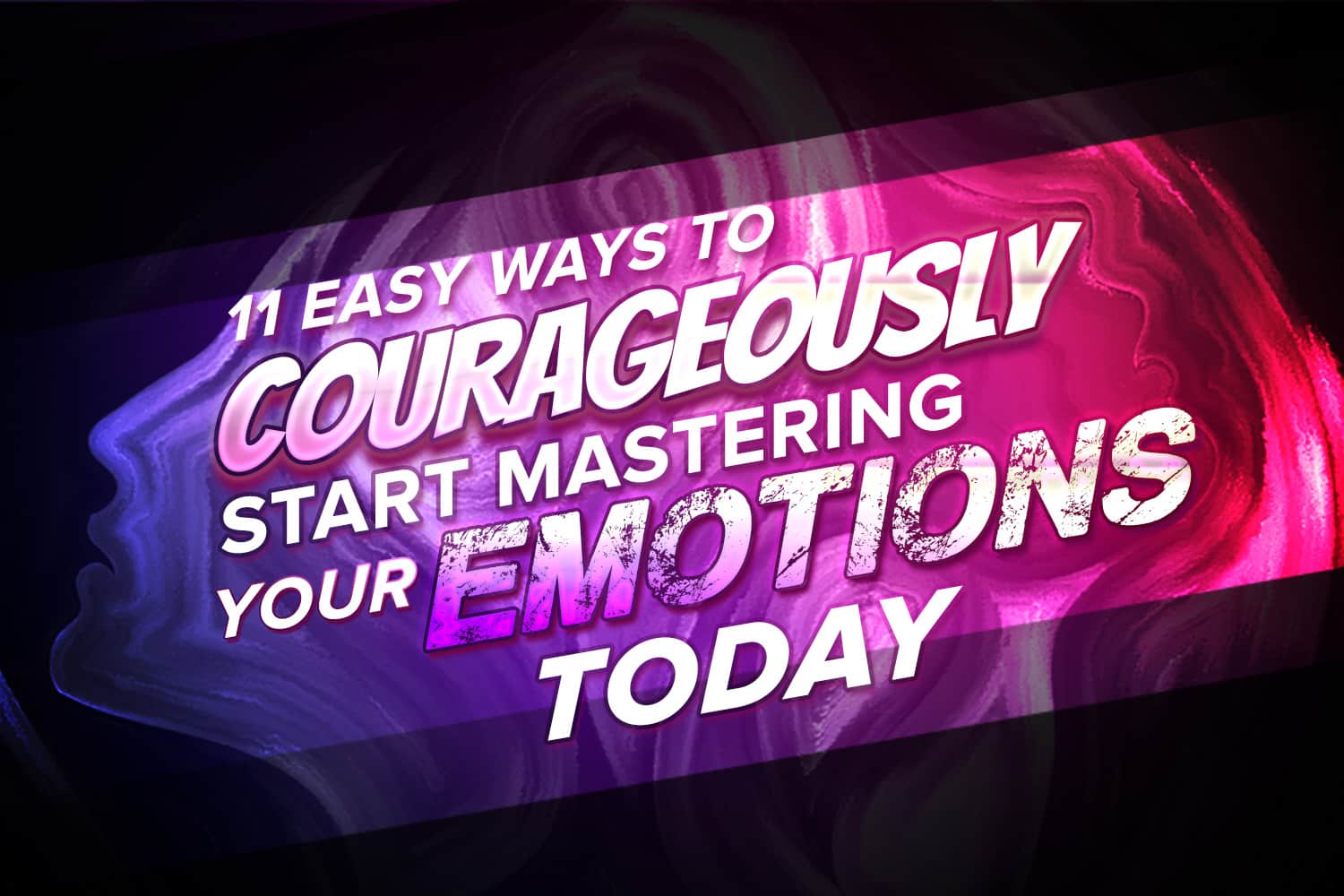Are you the master to your emotions or the servant to them?
Mastering your emotions is arguably one of the most powerful skills to develop in your life.
Change starts with one tiny step in this very moment.
You’re here so you’ve already taken a small step in the right direction.
This comprehensive article provides you with the knowledge and tools needed to create change.
Take notes and be sure to take action!
Index
- The energy of emotions.
- The power of emotions.
- Fast ways to feel elevated emotions.
- Benefits to mastering your emotions.
- 11 ways to master your emotions
- How to stop letting your emotions get the best of you.
- Feel your emotions yet refuse to identify with them.
- Why responding vs reacting is important.
- Using breathwork to control your emotions.
- Manage your emotions by managing your narrative.
- Explore your 7 chakras for blockages.
- The constructed theory of emotions.
- Move your body to shift your emotional state.
- Can food affect your mood?
- How to develop your emotional intelligence.
The Energy of Emotions
Think of emotions as energy in motion.
They are the mind and body’s way to heighten awareness and gain your attention.
“I choose to not describe emotions as either being negative or positive because all emotions serve a purpose.”
Pain, guilt, and disappointment may not feel pleasurable yet these emotions play an important role in our lives.
They capture our attention.
Where you place your focus, energy, and attention is what determines your reality.
Start thinking of emotions as energy.
Energy has the potential to create change, movement, and action.
How can you better manage your emotions to get more out of today?
The Power of Emotions
Emotions have a tremendous amount of power which makes mastering them an empowering experience.

Their power lies in their ability to capture your attention.
Once an emotion captures your attention it then has more control over where your place your energy.
For example, if you get angry at someone, you are focused and energized without question.
Your power lies in your ability to manage this power appropriately.
Fast Ways to Feel Elevated Emotions
What if I told you that you are much more in control of your emotions than you thought?
Watch our #2 most popular video on how to elevate your emotions below.
What emotional state would you like to be in right now?
You have the tools to enter it, so let’s go!
Benefits to Mastering Your Emotions
When you become the master of your emotions, you become the master of your life.
Our emotions are the end product of our experiences.
“Your fondest of memory are likely is attached to powerful emotion you experienced as a result of it.”
Here is a list of some additional benefits to mastering your emotions:
- Feel more in control of your life.
- Improved relationships.
- Better mental health.
- Improved physical health.
- Feel less drained.
- Increased focus.
- More feelings of joy and peace.
- Make better decisions.
- Create more opportunities.
This is just a shortlist of the benefits you will experience as a result of reading this article.
11 Ways To Master Your Emotions
The techniques described below are extremely effective when paired with a bit of discipline.
The first step is without question the single most important.
This step is commonly referred to as becoming mindful or self-aware.

Here are the steps you’ll want to take.
Mastering step one alone will be a huge progress in your journey.
The steps to mastering your emotions:
1. Become more aware of your emotional state
How are you feeling at this very moment?
2. Accept your emotions while free of judgment
You’re not the victim of your emotions, you’re simply experiencing them.
3. Get curious about what elicits your emotions
Your emotions serve a purpose, get curious about what they’re trying to tell you.
4. Control the meaning you place on events in your life.
Shift your perspective on how you interpret an experience and the experience will change.
5. Better manage your expectations.
Consider lowering your expectations as unmet expectations cause undesirable emotional outcomes.
6. Feelings are not facts
Realize what you feel may not be what is true.
7. Identify your emotional triggers
What caused you to experience this emotion in the first place?
8. Look for emotional patterns
Does a pattern exist you can gain some valuable insights from?
9. There is no such thing as a negative emotion
All emotions serve a purpose start using the term, lower vibe emotions.
10. Start feeling empowered
Feel alive as you gain emotional mastery and emotional intelligence.
11. Watch your reality change
Mastering your emotions creates a shift in how you view yourself and the world.
How to Stop Letting Your Emotions Get the Best of You
Imagine owning a dimmer switch that regulates your emotional state.
Now imagine being in control of your dimmer switch.

Visuals give you a way to see things a bit more clearly.
When you feel an emotion that doesn’t serve you, ask yourself one simple question.
“How much should I dim this emotion down?”
Asking yourself this question is empowering in of itself as it implies you’re in control of your emotions.
Identify a percentage decrease you would like to experience, and experience it!
Feel Your Emotions Yet Refuse to Identify With Them
The emotions you feel are simply a fleeting experience.
Refuse to identify with your emotions using this simple trick.
“Instead of saying “I am angry”, switch your narrative to “I feel angry.”
“I am” statements imply you are identifying with an emotion as opposed to simply feeling one.
You are not your emotions, you are simply experiencing them.
Why Responding vs Reacting is Important
Ever wonder why you react to people, words, and actions the way you do?
Let’s say for example someone cuts you off on the morning commute to work.
How would you react?
Most people would state they would feel anger, frustration, and rage.
These are certainly acceptable emotions to feel as a reaction to such an event.
What if you responded differently?
What is reacting?
Reacting is an automated emotion immediately activated without conscious thought.
What is responding?
Responding is creating space or a moment to consciously control how you wish to feel.
How to respond instead of reacting
There are 3 steps to responding as opposed to reacting.
- Become aware that you’ve been triggered.
- Refuse to react by counting to 5.
- Choose a response that will serve you.
Easier typed than done, right?
Anything worth having in life takes time and effort to attain.
Responding is no different.
This is an art and skill developed over time.
“Look at any situation that emotionally triggers you as an opportunity as opposed to a threat.”
This shift in perspective alone will get you on the path to responding vs reacting.
Identify what triggers you
Think of a trigger like that of one on a gun.
The second it’s activated an immediate reaction takes place.
“Triggers cannot be controlled yet your reaction to them can be.”
Here are some examples of triggers:
- Someone calls you a name you despise.
- A song that comes on the radio triggers the thought of an ex.
- You smell shortbread cookies trigger a thought of your grandma.
- You see a number that reminds you of a friend.
Identifying your triggers gives you a better chance of responding instead of reacting.
Knowing what initiates an emotional reaction within you gives you a jumpstart on better managing your emotions.
Once you identify triggers that don’t serve you, consider shifting your perspective on that trigger.
Shifting your perspective
The reason you react the way you do ties into the meaning and interpretation behind the trigger.
If for example, someone calls me “lucky”, I get agitated because to me it means my hard work isn’t being recognized.
Instead, I can shift my perspective and meaning to be they are showing respect and admiration for my achievements.
Your perspective is one of your superpowers when it comes to controlling your emotions, so use it!
Using Breathwork to Control Your Emotions
Your breathing is one of the most powerful tools available to control your emotions.
Think about the last time you felt very nervous or anxious.

What was your breathing like?
Most people respond by stating something similar to hyperventilating.
To counteract this emotion, start by creating the polar opposite breath.
Consider using what is called, “the physiological sigh.”
This video of the physiological sigh explains it best.
Try it as it works like a charm!
Manage Your Emotions by Managing Your Narrative
Words have power.
You’ve experienced this because people have said things to you that caused an emotional response.
Now ask yourself which words do you speak to yourself?
“Identifying the words that dominate your narrative reveals the person you believe yourself to be.”
Watch this powerful video I created on this subject to gain additional insights.
Write down a list of things you say to yourself regularly.
Question the story and the truth behind these statements.
You may find out you’ve been telling yourself a lie.
Explore Your 7 Chakras for Blockages
A blocked chakra can cause emotional strain.
Chakras are energy centers in your body that impact your emotional state.
Learning how to unblock a chakra can have a powerful effect on your emotional state.
Challenge yourself to learn something new.
Chakras may be new to you, yet they may also be a new opportunity for you as well.
The Constructed Theory of Emotions
We are all triggered by factors in our external environment that elicit an emotional response.
The constructed theory of emotions claims that emotions do not happen to us without our volition.
“Constructed theory states we construct our emotions by making predictions using our past experiences.”
The meaning we have given to our past experiences influences our emotional response to future experiences.
Move Your Body to Shift Your Emotional State
Your emotions reside in your body, not your mind.
“Moving your body is one of the most effective ways to reduce feelings of stress and anxiety.”
As we stated earlier, emotions are energy.
This energy is often pent up and may need to be released.
Consider going for a walk, running, or simply doing some jumping jacks.
You’ll experience a quick shift in your emotional state.
Can Food Affect Your Mood?
Absolutely it can!
“Do you overlook the foods you place into your body and the level of activity you have with it?”
The following foods and drinks can have a negative effect on your emotions:
- Chocolate.
- Cheese.
- Wine.
- Pasta.
- Desserts.
Think about how you feel differently after eating or drinking each of these.
“Foods you’ve associated a positive health benefit from will elevating your mood when consumed due to the placebo effect”
Foods and drinks that elevate your mood are:
- Avocados.
- Bananas.
- Blueberries.
- Almonds.
- Water.
Keep track of your foods and your moods and see what correlations you can find.
Do more of what works and less of what doesn’t.
- How to Believe It Before You See It - November 28, 2022
- Saw A Double Rainbow? Here’s It’s Secret Meaning - November 21, 2022
- The #1 Reason You’re Seeing 4444 Everywhere You Look - November 21, 2022






